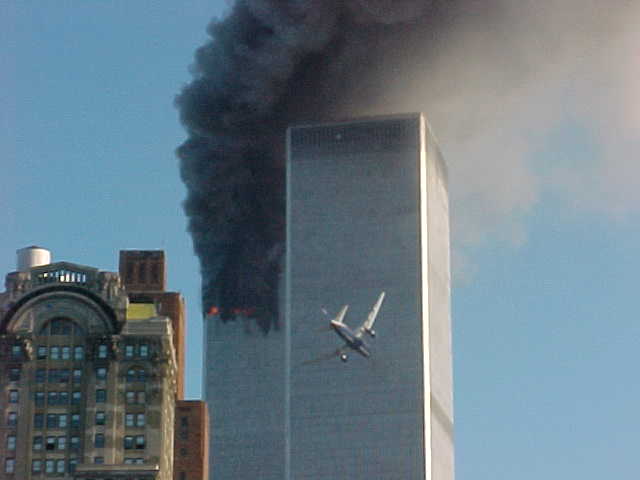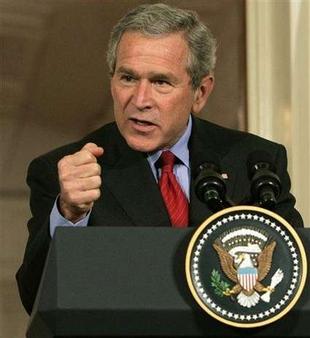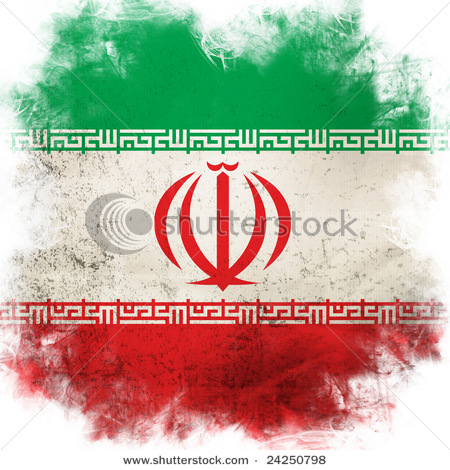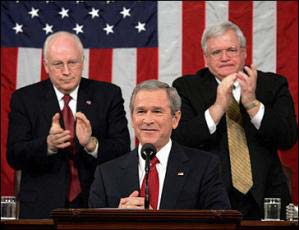 There has already been a cascade of commentary for the 10th anniversary of 9-11, much of it centred on what it has meant for the US.
There has already been a cascade of commentary for the 10th anniversary of 9-11, much of it centred on what it has meant for the US.
EA will have a few selected pieces to prompt discussion --- the first, by David Dunn, has just been posted. I did not intend to write anything for the occasion; however, I was asked to send a few paragraphs to news services on what I thought was the lasting significance of 9-11 for the US. Amending this to "the US and the world", I offered the following:
For me, the most significant lesson of 9/11 is where it was NOT a turning point for people across the world.
I should be clear. 9/11 was a tragedy, with the loss of thousands of lives. And it led to other tragedies --- a war within Afghanistan that continues to this day, a US-led intervention in Iraq that killed many more thousands of people, the misguided belief that force, torture, and rendition could win a "War on Terror". The response to 9/11 helped undermine the American economy, with consequences for the economies of other nations, and it tried to remove the notion of a fundamental 'civil liberty' that should not be sacrificed in the name of 'security'.
See also Reflecting on 9-11: What the War on Terror Has Cost the US...and Us (Dunn)
But, in the end, 9/11 has not been the catalyst for the most significant changes in our world a decade later. Al Qa'eda --- if it ever had any appeal --- is a spent force. The dream of some Americans, notably within the Bush Administration, for an era of "unipolar" US super-power is dispelled. In that sense, if you want to talk about a significant turning point in the last decade, it was not 11 September 2001, but the long, drawn-out failure of the Bush Administration in its invasion of Iraq.
The quest for freedom and democracy would not be embodied in that misguided adventure. Instead, the quest for freedom, democracy, and rights is embodied in movements which --- while drawing lessons from the response to 9/11 --- have been devoted to dealing with their local conditions, concerns, and aspirations. From Iran to the "Arab Spring" to Latin America to Asia, we are witnessing political, economic, and social change which does not depend upon Washington or its enemies for its motivation, hopes, and objectives.
 Sunday, September 11, 2011 at 16:38 |
Sunday, September 11, 2011 at 16:38 |  Scott Lucas in
Scott Lucas in  EA Global,
EA Global,  EA USA,
EA USA,  US Foreign Policy,
US Foreign Policy,  US Politics
US Politics  Today and Monday, EA will be presenting a series of articles to prompt thought and discussion not only about the events of 11 September 2001 but about the US and the world from then to today.
Today and Monday, EA will be presenting a series of articles to prompt thought and discussion not only about the events of 11 September 2001 but about the US and the world from then to today. 9-11,
9-11,  BBC,
BBC,  David Dunn,
David Dunn,  Joseph Stiglitz,
Joseph Stiglitz,  Scott Lucas,
Scott Lucas,  Tom Engelhardt
Tom Engelhardt 





